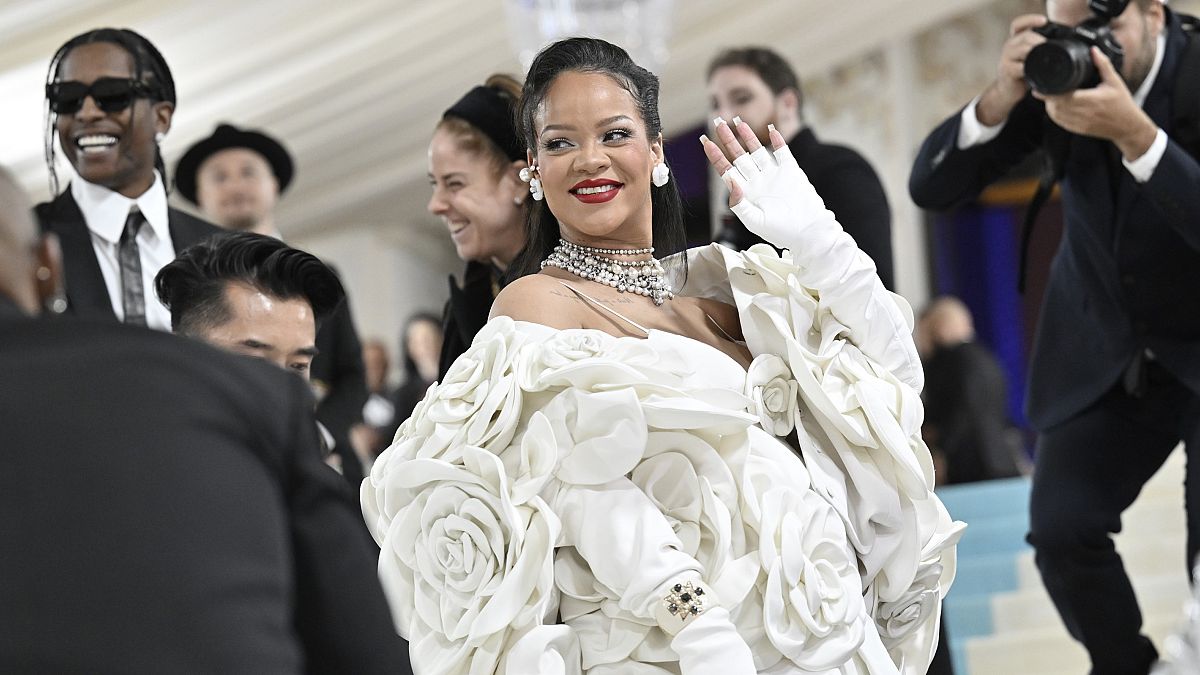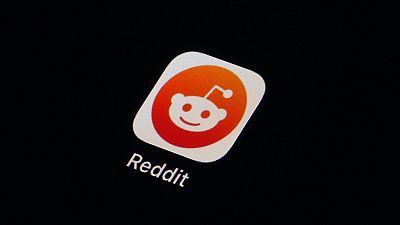Trade association BPI has started legal proceedings against Jammable, a start-up imitating famous singers like Drake and Amy Winehouse.
The British Phonographic Industry (BPI) has sent a legal letter of complaint to company Jammable regarding the firm's 'deepfake' technology.
Jammable, which until recently was known as Voicify, uses AI-based software to mimic artists' voices so that users can include these vocals in new compositions.
According to BPI, the software may have been trained using copyrighted works, which constitutes an infringement of property rights.
"The music industry has long embraced new technology to innovate and grow, but Voicify …and a growing number of others like them, are misusing AI technology by taking other people's creativity without permission," said the BPI's general counsel Kiaron Whitehead.
"Music is precious to us all, and the human artistry that creates it must be valued, protected and rewarded. But increasingly it is being threatened by deepfake AI companies who are taking copyright works without permission," Whitehead added.
Jammable offers more than 3,000 models for cloning artists' voices and charges users monthly fees of between £1.99 (€2.33) and £89.99 (€105.18).
The database includes voice simulators for the likes of Amy Winehouse, Drake, Frank Sinatra, Rihanna, and Madonna.
The site was created in 2023 by Aditya Bansal, a computer science student at Southampton University. The BPI has argued this was done without obtaining the necessary permissions.
"Because the tech is quite new, there's a lot of people working on it and trying to get a product out, so I had to do it quickly," Bansal told the FT last year.
BPI has offered to halt its litigation procedure if Jammable accepts the allegations and agrees to stop infringing copyrights.
Jammable hasn't responded to Euronews' request for comment.
"Today’s news proves that the 'Wild West' era of unlicensed AI music generation may not last much longer if music rights-holders have any say in the matter," said AI and copyright lawyer, Nick Eziefula, Partner at Simkins LLP.
"There could even be issues beyond copyright here," he added.
If the court decides an artist's voice isn't a copyright work, Jammable's actions may still be a breach of data privacy laws if the voice is classed as personal data.
"There may also be a misappropriation of the artists' brand," Eziefula explained, "so false endorsement principles could well apply, and even claims for reputational damage if AI-generated works appear to be attributed falsely to the original artists."
The case is the first of its type in the UK dealing with deepfake AI music, but other AI cases have passed through the courts.
Last year, a computer scientist in Britain lost his bid to register patents over inventions created by his AI system, as the UK's intellectual property office said a machine cannot be registered as an inventor.



